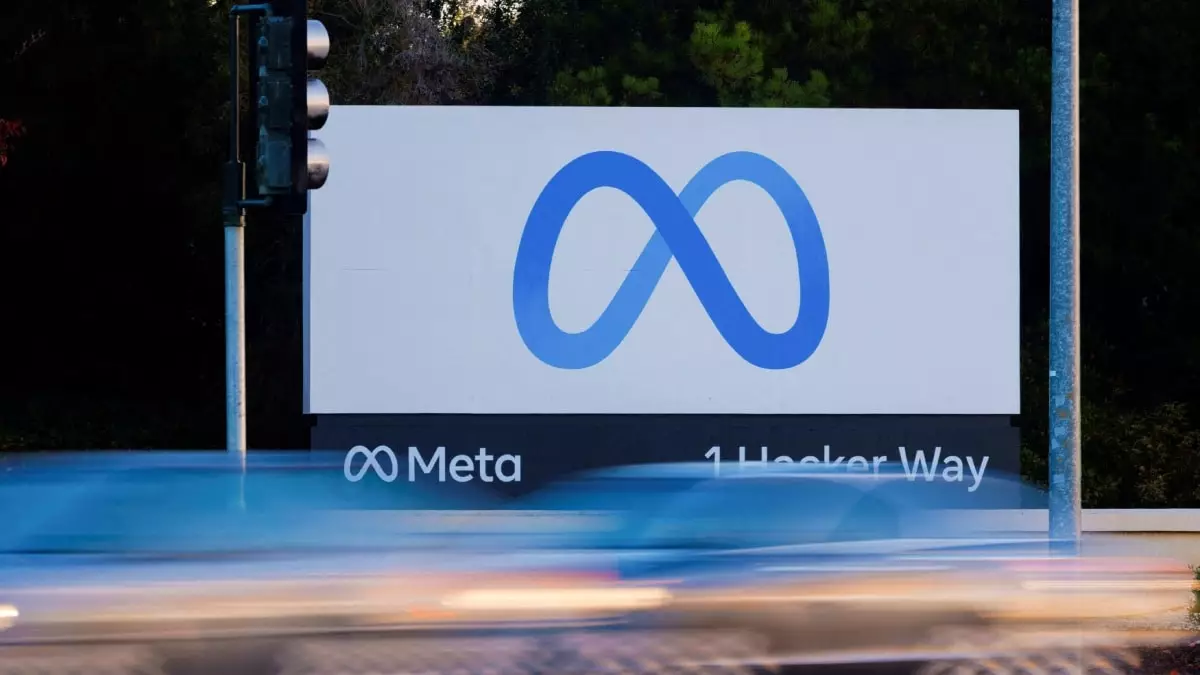In an era dominated by rapid-fire information and digital content, the integrity of social media platforms greatly influences public discourse and democracy. Recently, Meta Platforms Inc. has faced scrutiny due to significant shifts in its fact-checking policies, especially concerning topics that have woven into the societal fabric like immigration and gender identity. The Brazilian government’s response to these changes illustrates the complex dynamics between tech giants and national governance.
Brazil’s Solicitor General, Jorge Messias, has articulated the country’s apprehensive stance regarding Meta’s fluctuating policies. The government has granted Meta until Monday to justify its actions, and there’s rising tension surrounding the implications of these changes. Messias likened Meta’s commitment to a “windsock,” suggesting a lack of consistency and reliability in its approach, thereby potentially endangering the Brazilian populace. This metaphor echoes a deeper sentiment that suggests Brazil believes that Meta’s erratic policies can heavily shape public opinion and, ultimately, democracy within the nation.
President Luiz Inacio Lula da Silva has also weighed in, labeling Meta’s decision as “extremely serious.” His assertive stance is indicative of a broader concern that the policies employed by social media platforms should adhere to a standard that prioritizes accountability and safety for users. Lula’s proactive measures to convene a meeting reflect a governmental readiness to tackle the potential ramifications of Meta’s decision and adapt necessary frameworks to mitigate harm.
At the heart of this controversy lies Meta’s assertion regarding its fact-checking shift. CEO Mark Zuckerberg referred to the overhaul as a response to “too many mistakes and too much censorship.” This comment raises critical questions about how information is managed and the ethical obligations of social media companies. Meta’s focus on the U.S. market does not absolve it from the responsibility of its global influence; the interconnectedness of the internet means that policies in one country often ripple across borders, impacting users and societies worldwide.
As Brazil confronts Meta’s recent changes, the situation underlines the necessity for social media platforms to maintain robust and consistent policies that foster informed and healthy public discourse. It also sparks a larger debate about digital citizenship and the responsibilities that come with it. Can social media companies truly navigate the complexities of global discussions with sensitivity? The urgency of Brazil’s response sends a clear message that nations will not passively accept policies that threaten their societal values and democratic processes.
The Brazilian government’s demand for clarification from Meta is a significant moment that highlights the ongoing tug-of-war between national interests and corporate practices. As societies become increasingly media-centric, it is imperative that social media platforms engage thoughtfully with the matter of fact-checking and misinformation. The spotlight is now on Meta—not only to respond to Brazil’s request but to illustrate a commitment to ethical responsibility that transcends borders and respects the nuances of diverse societies.


Leave a Reply